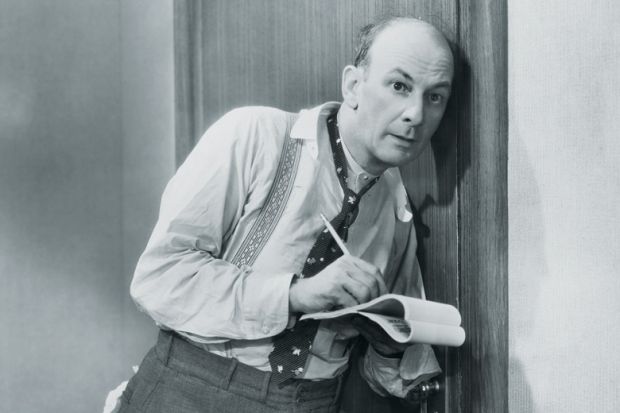Monica Inzer often sees applicants and their families taking photographs of themselves around the towering statue of the man after whom the US university where she works is named: Alexander Hamilton.
Ms Inzer has more than a glancing stake in this. As admissions director at Hamilton College, she’s seen renewed attention in the school in upstate New York since a musical about the American Founding Father and philandering Treasury secretary became an unlikely Broadway phenomenon.
Interest among prospective students is greater than Ms Inzer speculates it would have been without this, and so is the number of admissions essays about Hamilton, including many that quote lyrics from the show.
“It sure hasn’t hurt us,” Ms Inzer says.
But if good publicity helps universities, research shows that bad news takes a surprising toll.
A study by scholars from the Harvard Business School and the College Board, which administers the main US higher education admissions exam, finds that extensive media coverage of murder, rape, cheating or hazing scandals at a university appears to correlate with a 10 per cent drop in applications in the following year.
Universities offered them plenty of examples to consider.
A database of media coverage of 100 top-ranked US universities found 124 highly publicised scandals from 2001 to 2013. In all, three-quarters of the institutions suffered scandals that resulted in long-form magazine articles or stories in The New York Times, regarded in the US as the national newspaper of record.
While it’s not surprising that sexual assaults, cheating, hazing – the practice of new students being put through often humiliating initiation ceremonies – or other misdeeds occur at universities that may have tens of thousands of students, co-author Jonathan Smith said that he was surprised that so many got such broad press attention.
Institutions that have a scandal covered by The New York Times experience a 9 per cent drop in applications the next year, while if the coverage is in a national magazine, there is a 10 per cent decline.
For Dr Smith, a policy research scientist at the College Board, the lesson is that students select institutions based on what small pieces of information are immediately available to them.
“Certainly a murder or a rape is not a small piece of information. But they may not be the best reasons for an applicant to make a decision,” he says.
It’s not the first time that the impact of scandals has been measured. Research showed that golfer Tiger Woods’ sex scandal led to a drop in sales and stock prices for his corporate sponsors, for example.
The impact of positive publicity on a university was the subject of another study that found success in intercollegiate basketball and American football appears to increase the number of applications in the following year by anything from 2 to 8 per cent.
By examining the impact of scandals on universities, Dr Smith and his co-authors discovered something else: that those universities managed to avoid a repeat of the experience, at least for a while.
An institution that has experienced a scandal, they found, is much less likely to have another scandal in the following year or two.
“What we hypothesize is that there’s some sort of change in policies, practices and procedures,” Dr Smith says. “We don’t know if that’s led by students or led by administrators or faculty, but what we do definitely see is a reduction in a chance of another incident happening.”
However, this effect appears to be only temporary – about five years later it has worn off and the previous likelihood of a scandal arising returns.
“We don’t know why there’s an expiration date on that. Maybe [there is a turnover of] students [and] faculty administrators…or procedures have changed,” adds Dr Smith.
Knowing the impact on applications, however, could make universities redouble their efforts, he says.
“Nobody wants a scandal to happen in the first place,” Dr Smith says. “A better thing is for institutions to understand how students will respond. Not that colleges didn’t have enough incentive to avoid these things, but this gives them even more reason to be proactive.”
Register to continue
Why register?
- Registration is free and only takes a moment
- Once registered, you can read 3 articles a month
- Sign up for our newsletter
Subscribe
Or subscribe for unlimited access to:
- Unlimited access to news, views, insights & reviews
- Digital editions
- Digital access to THE’s university and college rankings analysis
Already registered or a current subscriber?





